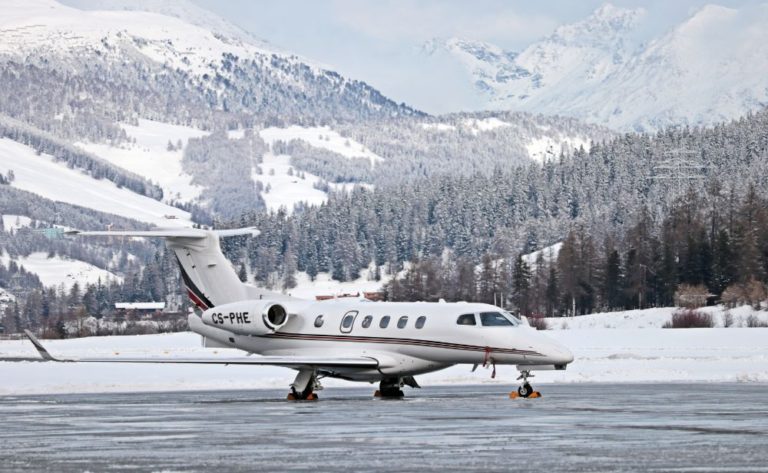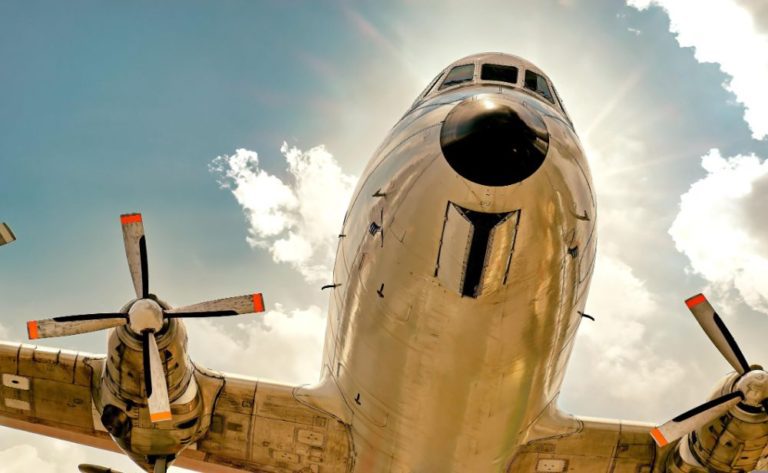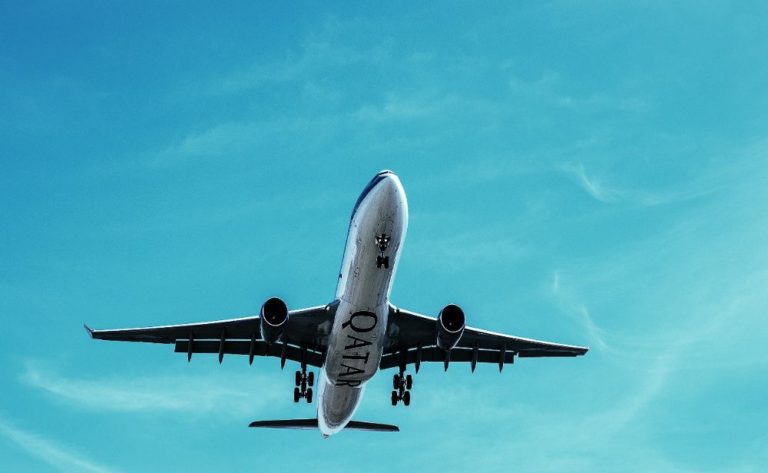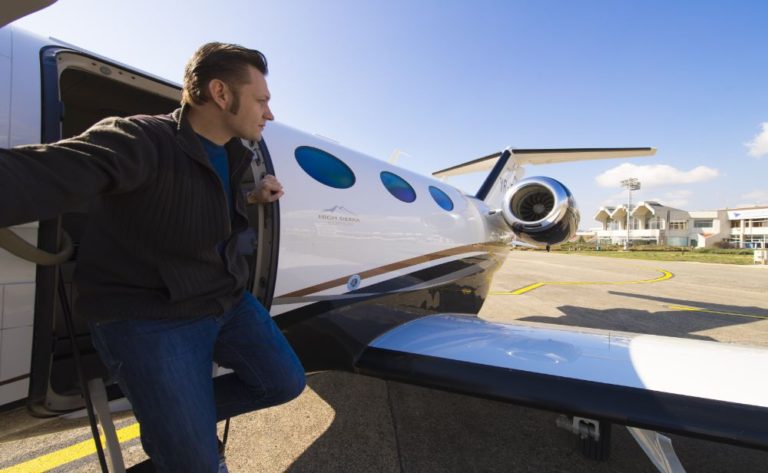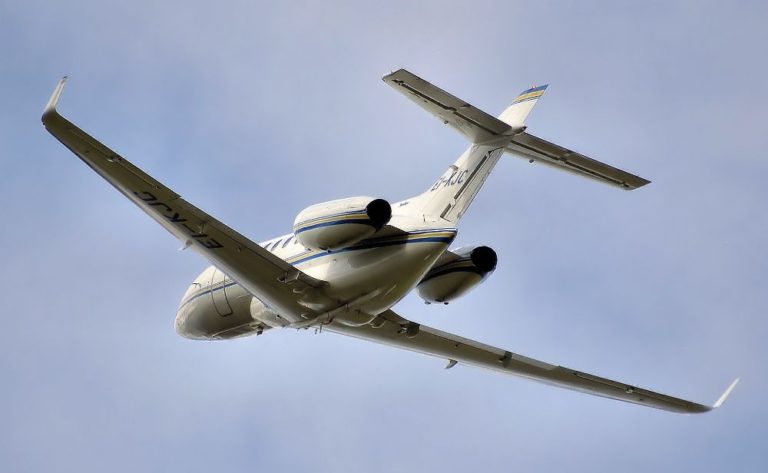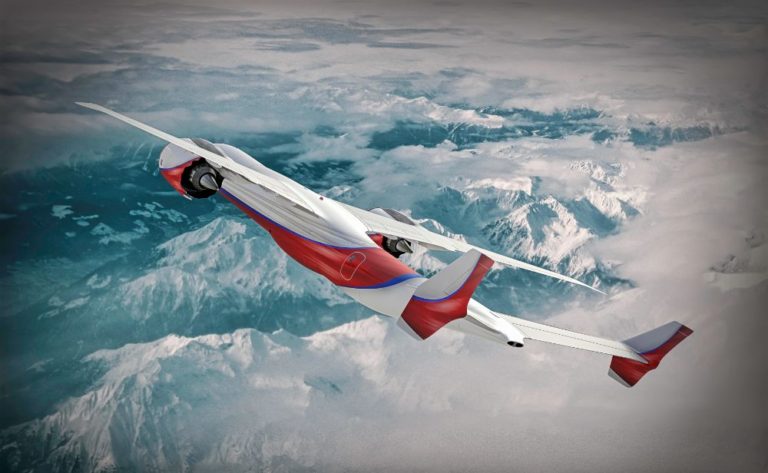Do You Tip a Private Jet Pilot?

Tipping is not only ubiquitous, but it is often often expected in many different settings. You give gratuities to your hairdresser, your Uber driver, and the waiter at the restaurant. Tipping is generally given to individuals who have performed a service for you. Pilots perform a service, yet commercial pilots don’t get tips. This raises the question of whether or not gratuities should be given to the pilot of a private plane.
Tipping your pilot is always appreciated, but it is never expected. This is the basic guideline. There are several airlines that do not allow its pilots or crew members to receive tips. It is a social faux pas to refuse a tip. It has the same effect as extending your hand for a handshake but not getting one in return from the other side.
Do Private Jet Pilots Get Tips?
Forbes estimates that private jet pilots receive gratuities 25 percent of the time. They claim that there is neither an apparent trend nor a rationale, and that it all comes down to the preference and generosity of the traveller.
If you are planning on tipping your pilot, it is in your best interest to first confirm that they are authorised to receive gratuities. This will prevent the embarrassing situation of having to turn down the tip. This information is available on the website of the company, or you can simply ask your pilot or crew for it.
You don’t tip the crew, do you?
There are a large number of personnel who contribute to the operation of a flight in a smooth and comfortable manner. Every flight has a number of important stakeholders, including the ground service provider, line crew, and cabin attendants.
These crew members are the ones who are expected to tip more often than the pilot. Tipping crew personnel is regarded proper etiquette, especially in cases where the crew members have provided great service.
When the flight is not too long, the pilot could also serve as the flight attendant. When the pilot is providing two different services, you might want to tip them more.
Why It That Pilots Are Never Is Remembered When It Comes to Tipping?
According to Adam Twidell, co-founder of PrivateFly, the crew member who is most frequently given a tip is the luggage handler. This person is responsible for bringing bags to and from the aircraft.
Because of this, several pilots report feeling insulted at times. After all, they are the ones who are responsible for putting the luggage in the cargo hold and taking them out again. Why aren’t they given tips for handling bags in the same way that the baggage handler is?
One hypothesis suggests that passengers believe pilots are already well compensated, thus they do not see the need to tip them. There are essentially two categories of recipients for tips: customers and employees.
The first category consists of people who make up a sizeable amount of their income through gratuities. Servers in restaurants, for instance, frequently get wages that are lower than the minimum wage. The vast majority of their income comes not from their base wage but from the gratuities that customers leave for them.
The second category of people do not rely on gratuities as a primary source of income. The majority of a hairdresser’s or taxi driver’s income comes from the fees that they charge for the services that they provide. They are grateful for whatever additional income they receive in the form of tips.
This category also includes members of the crew, such as pilots and crew men. Tipping is not a primary source of revenue here. Instead, it is a means of expressing gratitude for the efforts that they have made. Although pilots earn a higher salary than the majority of crew members, this fact should not prevent them from getting this present of appreciation.
How Much Money Should Be Left as a Tip for a Private Pilot?
Tipping your pilot is considered proper etiquette, but what is an appropriate amount of gratuity for a private pilot? A gratuity that is excessively large may appear lavish. Tipping too little might make the recipient feel insulted, and it is commonly perceived as an affront to the service provider.
A gratuity of $50 is regarded to be appropriate for private pilots. The range typically given is $50-300 in the U.S. However, it varies significantly, much like the act of tipping itself. In the Middle East, tipping is more frequent, and expensive, material tips are sometimes provided.
The Tipping Debate
There are two schools of thinking when it comes to tipping individuals who don’t depend on gratuities as a primary source of income. Companies that restrict tipping do so because the pilot is merely doing their job. They are executing their expected obligations, so a gratuity isn’t essential.
After all, tip stands for To Insure Prompt Service. The premise is that someone will deliver better service if a financial incentive is offered for great service. However, a pilot is supposed to offer good service and get you there safely, whether a tip is paid or not.
The alternative school of thinking is that tipping is a method of demonstrating thanks for the services delivered. This is why it’s often called a gratuity. If you are thankful for the service your pilot gave, why not give them with a tip?
In some nations, such the U.S., Canada, Mexico, and many European countries, tips are expected or welcomed, however the size of the tip and etiquette differs based on the culture. In other nations, like Japan, tipping is actually considered an insult. In their view, doing their work well is expected.
Tipping Options
There are methods to show your thanks other than a financial tip. Some companies that don’t allow tips will offer little gestures of appreciation. A gift of chocolates can be a highly significant tip that communicates your appreciation. A handwritten thank you note is also a terrific idea.
Another option to tip without tipping is to phone the pilot’s employer and tell them what a terrific job they did. This can pay off for the pilot in a bigger way than a $50 bill.
The Type of Flight is Key
Pilots who work for large corporations or individuals generally don’t expect tips. Many corporations prohibit pilots from accepting tips. Pilots in these positions are generally well compensated, so tipping isn’t necessary.
Tipping is appreciated by charter and fractional pilots. However, the pay is generally lower for these positions, so tips are appreciated.
